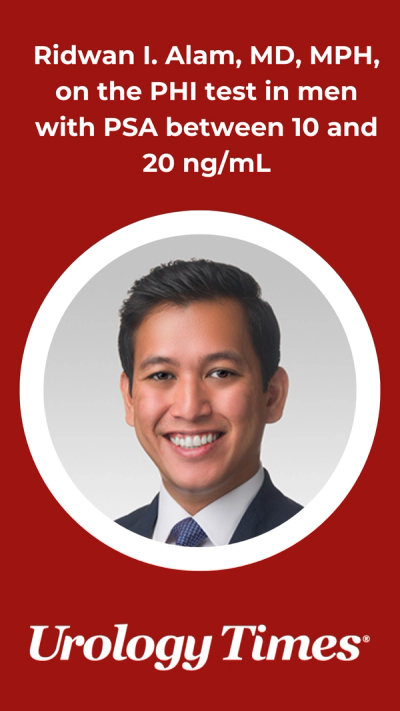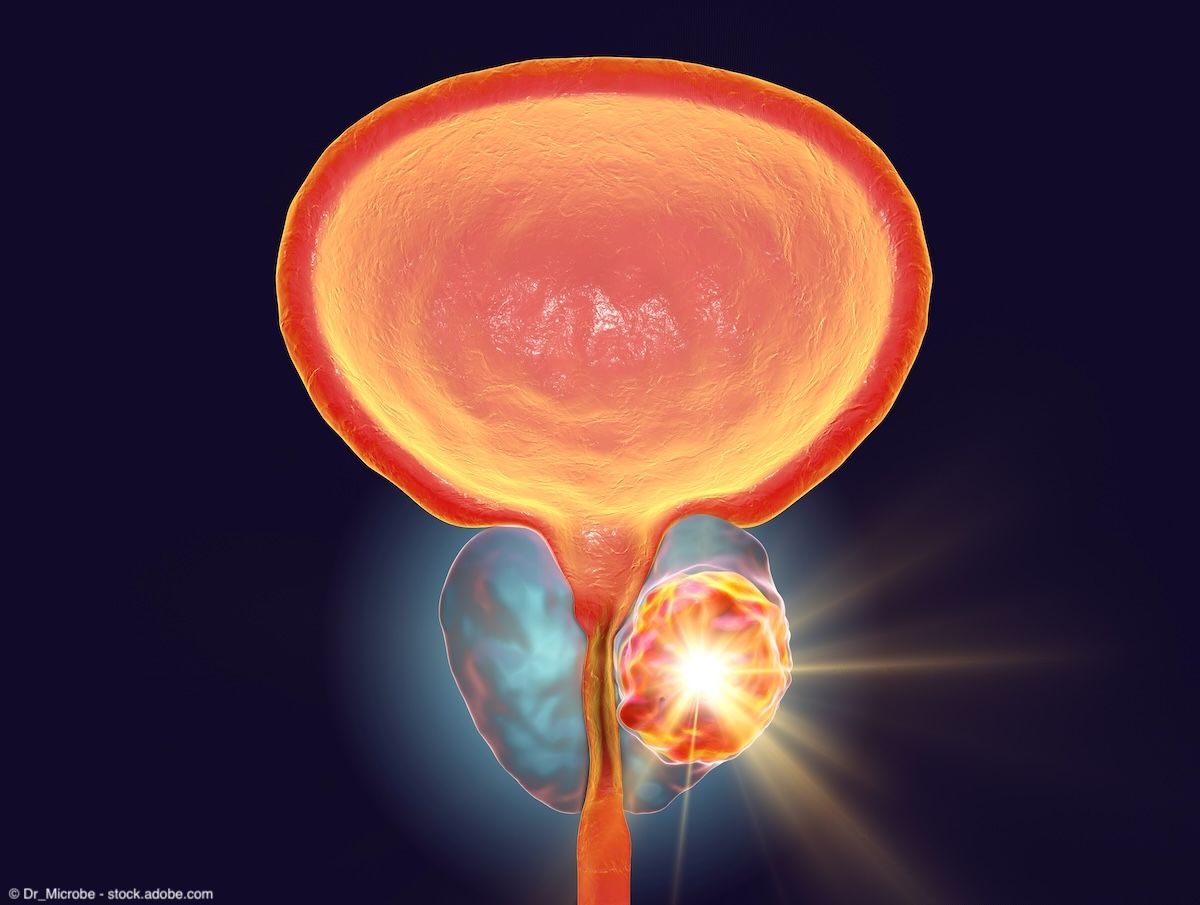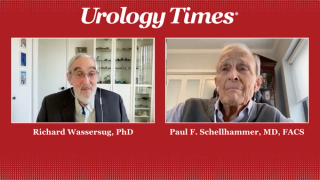
Prostate Cancer
Latest News
Video Series

Latest Videos
Shorts










Podcasts
CME Content
More News

ANDROMEDA is looking to build on previous findings from the LUNAR trial in recurrent, oligometastatic prostate cancer.

Cooled laser focal therapy with the ProFocal Device showed promising cancer control in patients with localized prostate cancer.

The combination was tolerable and demonstrated promising early efficacy as a 3rd-line option for patients with mCRPC.

The report highlights key trends in cancer treatment and outcomes, including detailed analyses across 3 cancer types: prostate, esophageal, and melanoma.

The results highlight the early clinical potential of the device for restoring erectile function post-prostatectomy.

The ARID platform is evaluating the safety and efficacy of the Voro Urologic Scaffold in minimizing stress urinary incontinence following robot-assisted radical prostatectomy.

The next step is to prospectively validate the model in real-world clinical settings or within ongoing clinical trials.

The ARTISAN trial includes both 177Lu-PSMA naïve and 177Lu-PSMA experienced cohorts.

Treatment failure occurred in 46% of patients in the high-risk group vs 21% of patients in the low-risk group.

Enolen is currently under investigation in a phase 1 trial to assess its safety and efficacy in delivering enzalutamide locally into the prostate.

Jim C. Hu, MD, MPH, discusses the functional advantages of a posterior approach to endopelvic neurovascular total sparing (PATENTS) robotic-assisted radical prostatectomy.

A recap of the FDA submissions and regulatory decisions in urology from December 2025.

Daniel Spratt, MD, discusses how the ArteraAI Prostate Test (Post-RP) could help guide treatment intensification decisions.

The forum underscored the importance of multidisciplinary collaboration in managing advanced prostate cancer.

As the year comes to a close, we revisit some of this year’s top content on prostate cancer.

The approval is supported by data from the TRITON3 trial.

A key theme throughout the forum was the importance of assessing disease volume and clinical presentation at diagnosis.

When discussing treatment goals, clinicians underscored the importance of individualizing systemic therapy.

The approval is supported by data from the phase 3 AMPLITUDE trial.

"If 2025 showed us anything, it is the power of combining scientific progress with public engagement," writes Michael S. Cookson, MD, MMHC, FACS.

The pilot study plans to enroll patients with locally recurrent prostate cancer across clinical trial sites in the US.

The phase 1 study will assess the safety and feasibility of SPECT/CT imaging with [111In]In-ART-101.

The primary end point is overall survival, with secondary end points including PSA response metrics, progression measures, PSA kinetics, and several ctDNA assessments to help identify which patients benefit most.

Arvin K. George, MD, discusses the unique design of the VAPOR 2 trial as well as the key findings from the first 110 patients enrolled in the study.

For patients undergoing salvage surgery or radiation, Kelly L. Stratton, MD, FACS, notes that previous focal therapy can influence outcomes.
























